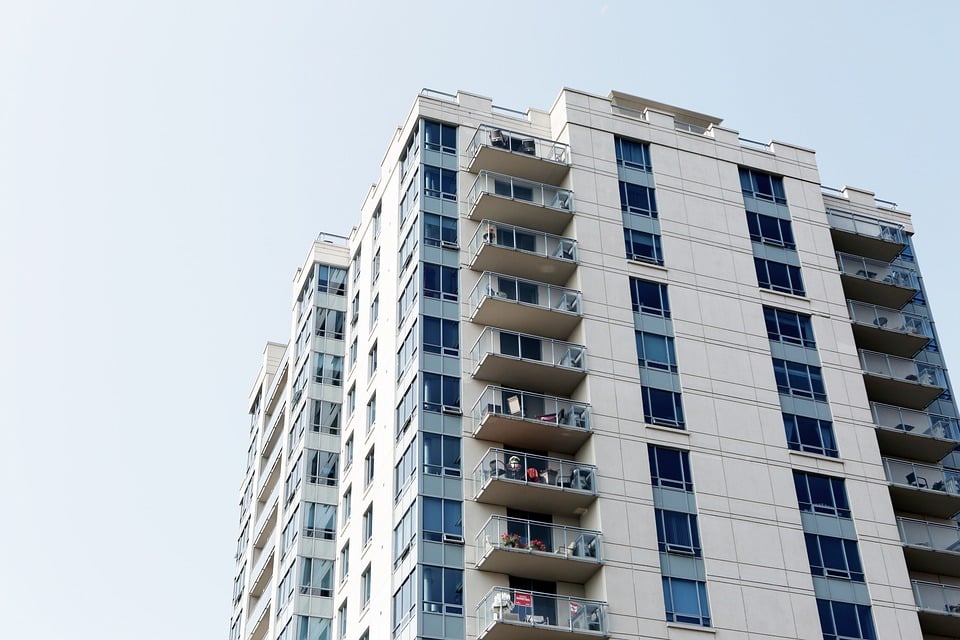The question of whether to buy property or to rent comes up all the time. Most young people with limited funds as well as others face this decision.
Obviously when one buys real estate, they don’t have to pay rent and as locals like to say you are not throwing that money down the drain.
Under the present circumstances financiers require an own contribution which could amount to 20-30 per cent of the total cost – an amount not readily available even for an ordinary apartment of say €200,000 (unless the parents contribute) plus the annual municipal and property taxes, that are attached to ownership and so on. In some cases, taxes could amount to the equivalent of up to 10 per cent of the rental income.
At the same time with the variable interest rates on loans interest could amount to the amount of the rent if own contribution is, for example, 25 per cent or less. With interest rates of around 2,5-3 per cent (depending on own contribution) the loan instalments could amount to a level lower than the payable rent, but again the down payment is a problem.
As circumstances are at the moment, with the relatively low resale prices, the ongoing foreclosures and job insecurity, it could be that renting is preferable, at least until the market stabilises. On the other hand, there are positives to acquiring an asset which could be sold in the future, mortgaged for future needs and of course be passed on to children (the dowry tradition is not gone yet).
According to statistical data prepared by RICS (Cyprus), which is not 100 per cent reliable but provides a good indication, return per year, based on market value versus rental income, from apartments is around 4,30 per cent, from houses 2,20 per cent, from retail spaces 5,50 per cent and from office spaces 5,10 per cent.
In the “good old days” with the deposit rates at around 5 per cent, it made sense to rent, despite the loss on capital appreciation. Nowadays with deposit rates at approximately zero buying is more attractive.
What one will realise is that in most cases it also makes more sense to buy something ready as opposed to building. Prices are now at a level below their construction cost. Asking prices are usually discounted, the level of which depends on the financial need of the seller.
Benefits for buyers include being able to carry out improvements or maintenance, which adds to or keeps its value, not having to put up with at times objectionable landlords and the possibility of being subjected to unreasonable rental increases.
On the other hand, and looking at the mid-term there is not much supply of units for rent for one to be able to pick and choose and move out if circumstances change.
There appears to be an emerging buy to rent market for holiday villas on or near the beach of the three to four bedroom units, especially in the Protaras and Paphos areas which are becoming more and more popular with tourists and seasonal visitors.
In order to assess the potential return on a property, bear in mind additional expenses. For example, common expenses, sewage taxes and maintenance are paid by the tenant, and property and municipal taxes, repairs, insurance and periodical upgrades are paid by the landlord.
So, net income could be much less than quoted returns, especially bearing in mind unforeseen expenses, such as tenants not paying rent and vacant periods.
So, those who decide to buy must bear all this in mind when considering their finances and what is sustainable for them.
Antonis Loizou & Associates EPE – Real Estate Appraisers & Development Project Managers, www.aloizou.com.cy, [email protected]







Click here to change your cookie preferences